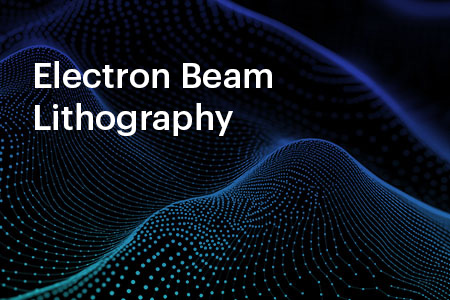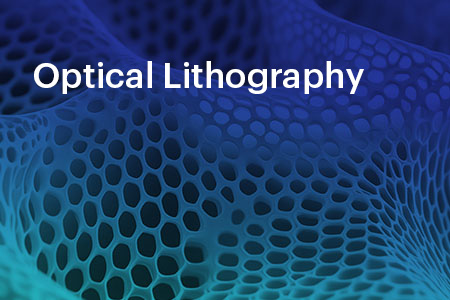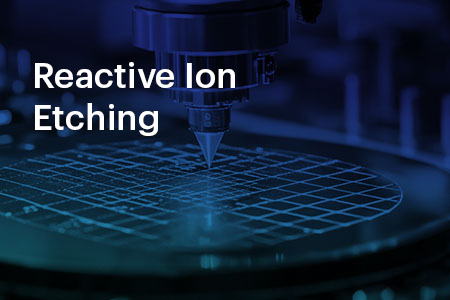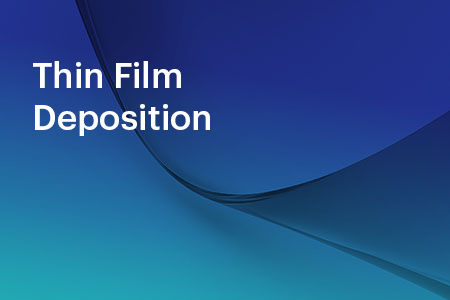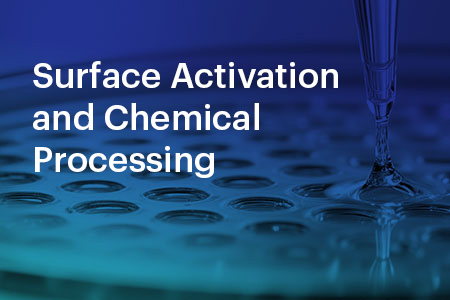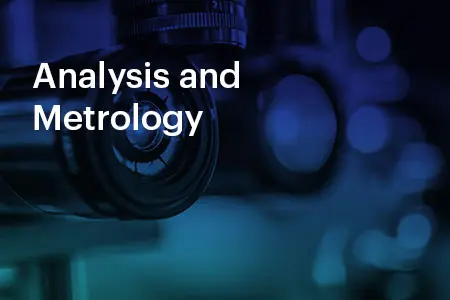Nanofabrication Lab (NFL)
The Nanofabrication Lab (NFL) at ICFO is a transversal facility devoted to the fabrication of nanostructured photonic devices.
The 570 m2 facility includes a 275 m2 dedicated ISO6/ISO7 cleanroom area and other controlled environment spaces, hosting a complete set of state-of-the-art nanofabrication tools and techniques for a wide range of optical applications, from biosensing to optical communications, and spanning a broad range of materials, such as polymers, semiconductors, metals or crystals. The laboratory also includes tools for advanced materials and device characterization.
NFL Head
Dr. Joel Moser
NFL Chair
Prof. Niek van Hulst
Available techniques
The NFL is open to external collaborations with industry, research centers and Universities and all interested parties. In order to request access, detailed information on the available equipment and fees, please contact: nflstaff@icfo.eu
Current Fees
